
Performance FAQs
Our Performance Philosophy
The heart of Wolf PAC’s pedagogical philosophy is educational theater. We are an organization that believes in the power and merit of ensemble, choosing shows that allow for many characters to be featured and on stage as much as possible. Our main goals for our young performers are to learn new skills as actors, gain confidence while on stage, use creative and critical thinking, connect with their peers, and feel safe and supported to grow into their unique selves!
Wolf PAC aims to create an environment where all cast members feel valued, no matter their role. We spend many hours expanding our scripts, adapting what is written to ensure that all performers appear on stage as much as possible. While we do not divide up dialogue so that each cast member gets an equal amount of lines, we do make sure that everyone has their moment to shine. The number of words an actor says is not equal to their value in an ensemble; ensembles are about how the group functions as a unit and contributes to telling the story at hand.
Wolf PAC prides itself on offering a dynamic, positive experience for all young performers who want to learn the craft of theater and stretch their creative minds in a fulfilling, accepting space!

REGISTRATION IS OPEN FOR OUR SPRING 2024 SEASON

“Wolf PAC has built an incredible community supporting children who love Performing Arts. The staff is uniformly loving, talented and inspirational. Every production or project is amazing, in no small part due to the love and passion of the staff, and their ability to bring out the same qualities in the kids.”
-A Wolf PAC Parent
Performance FAQs
-
We offer performances for students in 1st through 12th grade. The breakdown is as follows: 1st & 2nd grade, 3rd & 4th grade, 5th & 6th grade, and 7th - 12th grade.
-
1st and 2nd graders rehearse once a week in the fall (September-November) and spring (January-April).
3rd & 4th graders rehearse once a week in the fall (September-December) and spring (January-May/June)
5th & 6th graders rehearse once a week in the fall (September-January) and spring (January-May/June)
7th-12th graders perform full plays in the fall and musicals in the spring.
-
1st and 2nd graders perform an original, musical adaptation of a classic children’s story.
3rd & 4th graders (KIDS version) and 5th & 6th graders (JR version) perform a shortened adaptation of a Broadway musical.
7th-12th graders perform full plays in the fall and musicals in the spring.
-
Performances are held in Wolf PAC’s Black Box Theatre or off site at neighboring venues.
Auditions
-
The Directors will always send information home before any auditions occur. We suggest reading through all of the information, and then listening to the music, reading through the scenes, etc. with your child.
It’s also important to remind your child that we are on their side! We are rooting for them to do their very best, so encourage them to make big, bold character choices and sing with volume and gusto at their audition. It’s their time to show us what they can do and wow us with their confidence.
Wolf PAC also offers audition workshops and private lessons for anyone looking for more one-on -one instruction and insight into our process, acting tips, and more! This is a great way for your child to prepare and calm their nerves before auditions.
Casting
-
Wolf PAC casts based on the following criteria:
BEHAVIOR: We remind the performers that the way they act in the rehearsal room is taken into consideration during casting. We ask them to be good listeners, respectful of their peers, and demonstrate open-minded, positive energy in the room.
TALENT: Casting a show is like putting together a giant puzzle; we have to look at all of the pieces in order to create a cohesive, successful final product. We use the information gathered at auditions to figure out where each performer will fit best, and cast accordingly. Every role requires different skills. A fabulous audition could translate to a myriad of different roles, dependent on what the production needs. The role best suited for a talented child could differ from what they consider “the lead,” but it is where they are most needed, best succeed and contribute most to the ensemble.
EDUCATIONAL GROWTH: Since Wolf PAC’s primary goal is for young performers to learn the art of theater, we aim to vary the types of roles they will portray. If a performer was recently cast as a villain, for instance, we might place them in a totally different role the next time in order to challenge them. As educators, we want every performer to relish each role they are given and allow themselves to learn from all opportunities.
AVAILABILITY: We are aware that our performers are very busy! However, it is also a commitment to perform in a Wolf PAC production. We have to take our actors’ conflicts into consideration when casting a show. If we know ahead of time, we can almost always work around anything. If, however, an actor is unavailable for an abundance of rehearsals, we may have to consider that when deciding how many scenes or numbers in which to feature them to ensure they will be able to learn it all.
-
Managing casting expectations is a difficult but important task. All performers need to be reminded that there are many children, and the Directors will take the time to place everyone in a role based on the criteria listed above. It is a giant puzzle with many different factors. Just because a performer was asked to read or sing for a certain character does not mean they are being considered only for that part, or for that part at all; directors often see what they need to for a variety of roles at the same time! No matter what the cast list says, a reminder that your child will be an important part of the production goes a long way. There is so much theatrical joy ahead once cast lists are announced, and the Directors are excited to share their creative, expanded vision with performers once rehearsals begin!
-
The feeling of disappointment that can sometimes accompany casting can be one of the hardest parts of theatre. We of course recognize and validate that this feeling is real; kids are allowed to be disappointed that they didn’t get the part they had their heart set on! For us, the important thing is what a child does next. We encourage all performers to reach out to the directing and artistic team to ask for more information. Questions such as, ‘Can you tell me more about the part I will be playing?’, ‘Can you give me constructive feedback on my audition?’, and ‘How could I improve for next time?’ are all productive ways to find out more about what went into your Directors’ decision. Ultimately, reminding your child to give it some time, and arrive at the next rehearsal ready and open to be the best they can be is solid advice.
Rehearsals
-
Once rehearsals have begun, there is a lot of information that will be coming your way. Here are some easy ways to be supportive at home:
ATTEND THE PARENT MEETING: During the first week or two of rehearsal, the Associate Artistic Director holds a meeting at Wolf PAC to review important information about the current performance. This is also a great opportunity to ask any questions. All families will be notified of meeting dates before rehearsal begins.
PUT ALL DATES INTO YOUR CALENDAR FROM THE START: We spend time compiling all rehearsal, tech, and performance dates for families at the very beginning of a rehearsal process. If you take the time to put these into your calendar right away, the process is much smoother for all involved.
READ THE WEEKLY EMAILS: We know emails are one of the main forms of communication these days and your inbox is full! We work really hard to put a week’s worth of important rehearsal information into these emails so that everyone in the cast is up to date on anything and everything in their theatrical world. Videos, updated schedules, character work, information about the show, and more will be included in this email. A reminder that these emails change every week, so reading it, though time-consuming, is very worthwhile to your actor.
HELP YOUR CHILD CATCH UP AFTER AN ABSENCE: Absences are inevitable throughout a rehearsal process; these are busy children with a ton of different activities to juggle. Making sure your actor is checking in with their directing team about what they missed, watching videos and listening to any rehearsal recordings (all included in their weekly email!) will help them feel prepared when they return to rehearsal. We always send along a rehearsal cast contact sheet, which is a great resource to find a friend who could meet early and help teach what was missed. Being proactive is the name of the game!
ASK YOUR CHILD QUESTIONS ABOUT REHEARSAL: Theater is such an exciting activity to participate in; each rehearsal will cover something new for your actor. Try to ask not only how rehearsal went but specific questions such as, ‘Did you learn a new song tonight?’, ‘Did you work on any fun character activities?’, ‘Which dance were you working on?’ Maybe they will even do a mini-performance for you right at the dinner table! Regardless, encouraging them to think through the specifics of the rehearsal is a great reminder for them of all they accomplished and all they can review at home!
Performance Photo Gallery
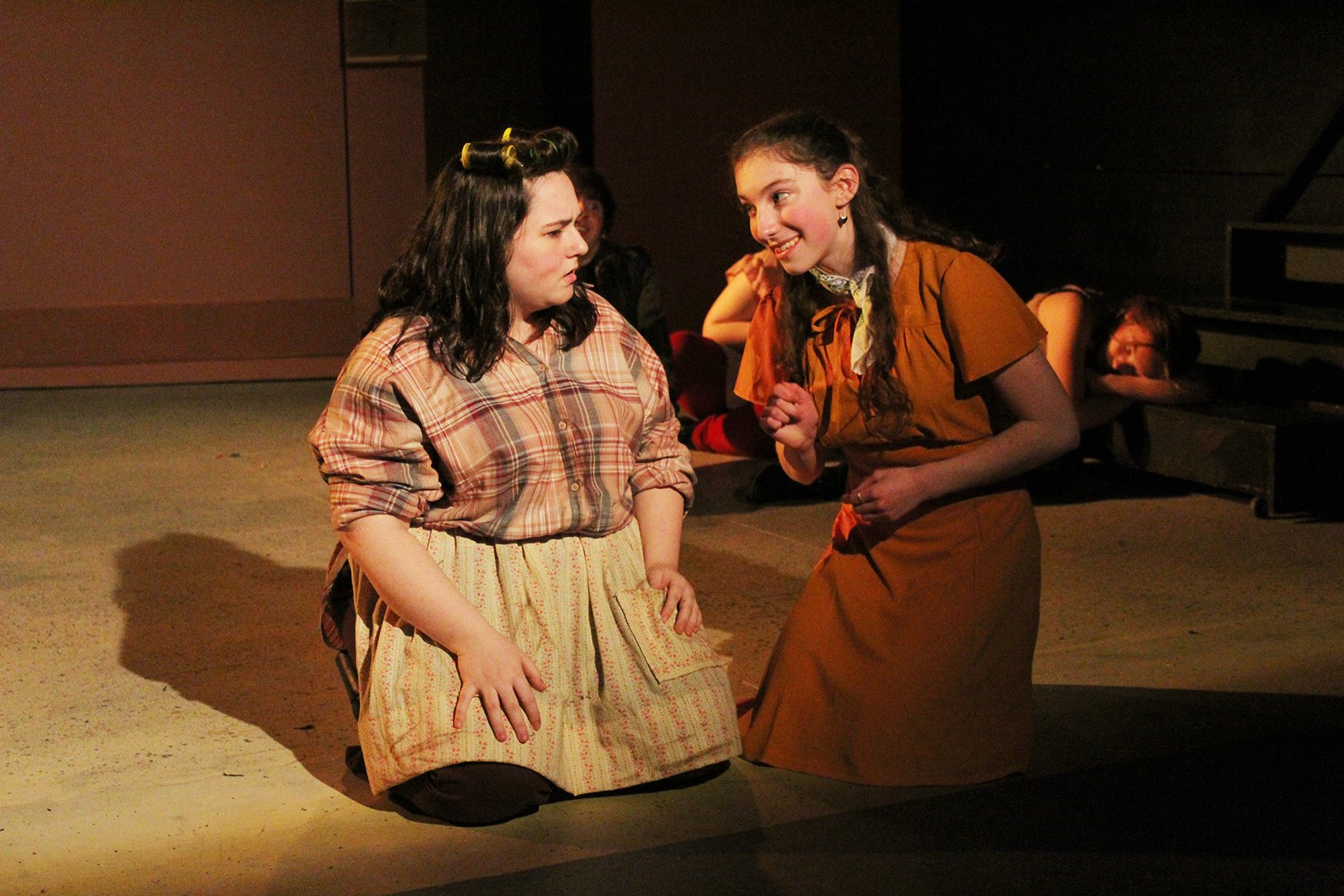
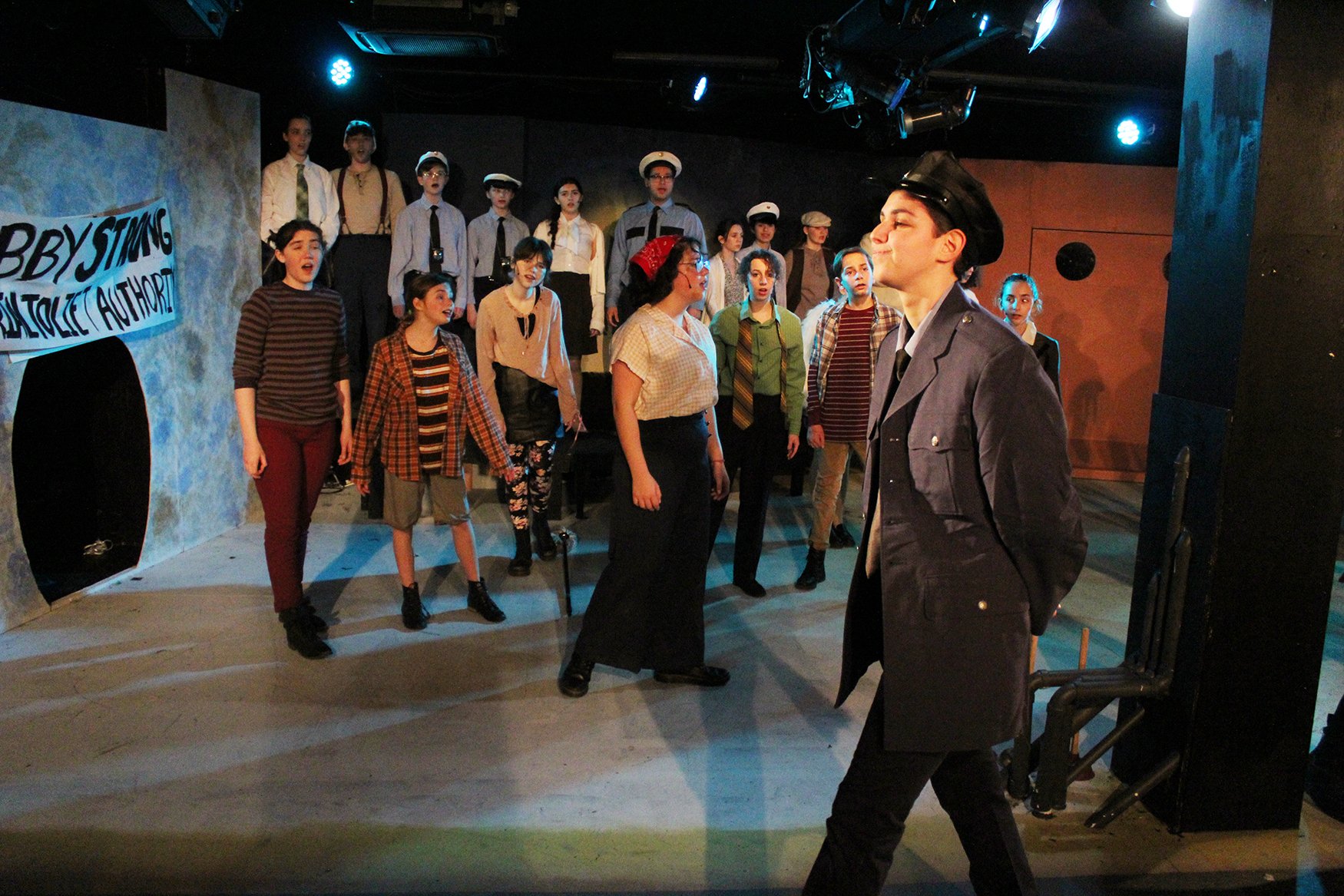



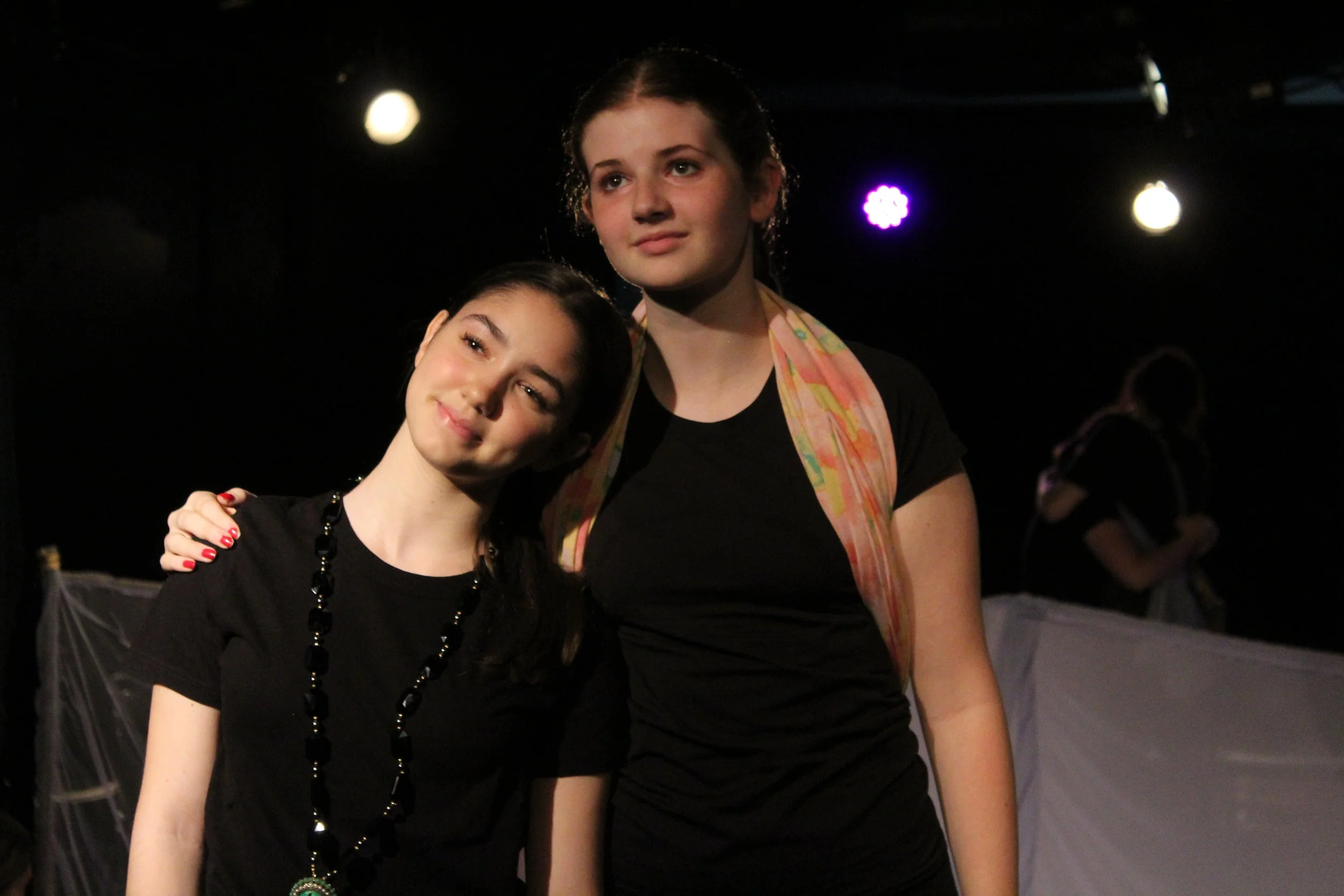
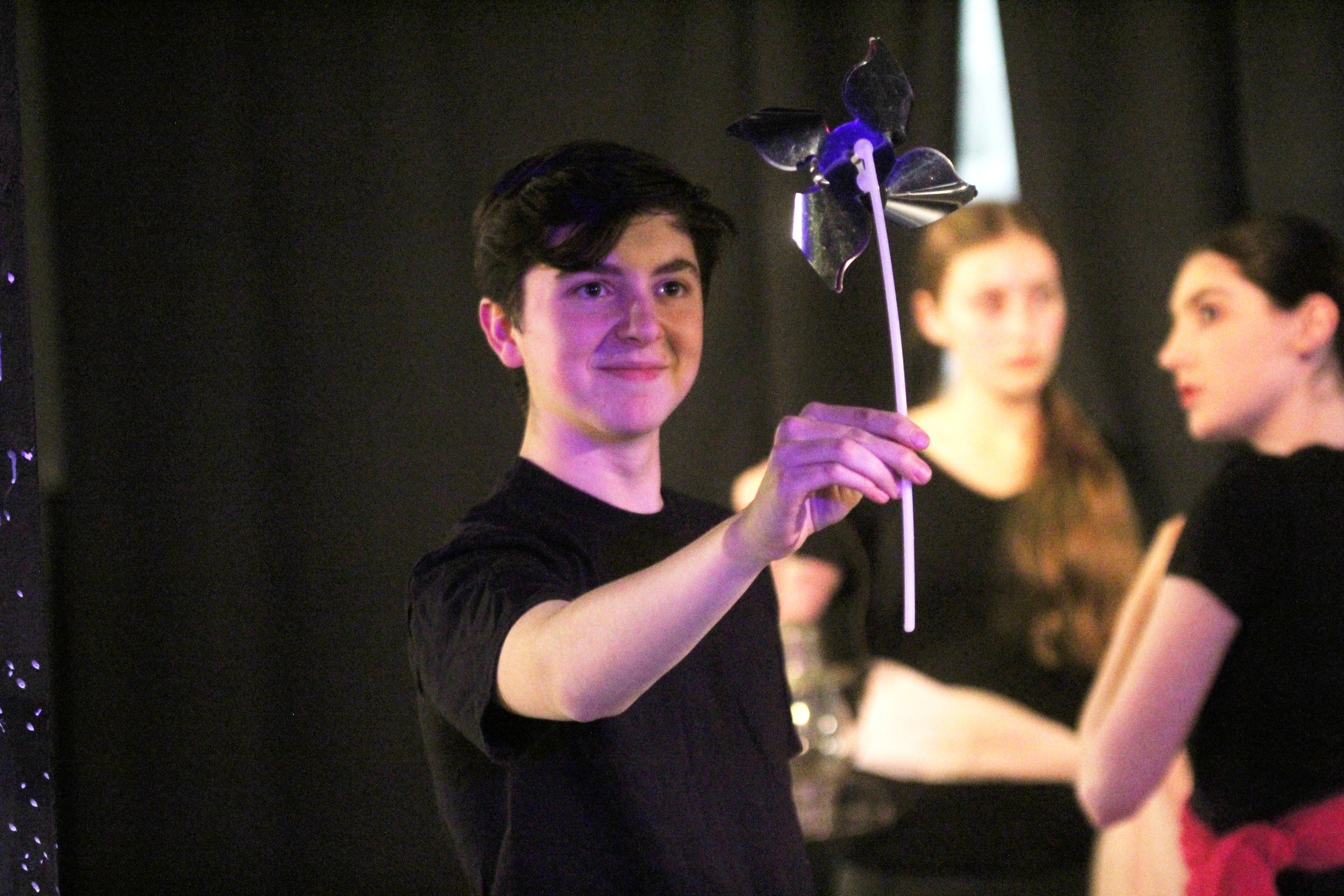



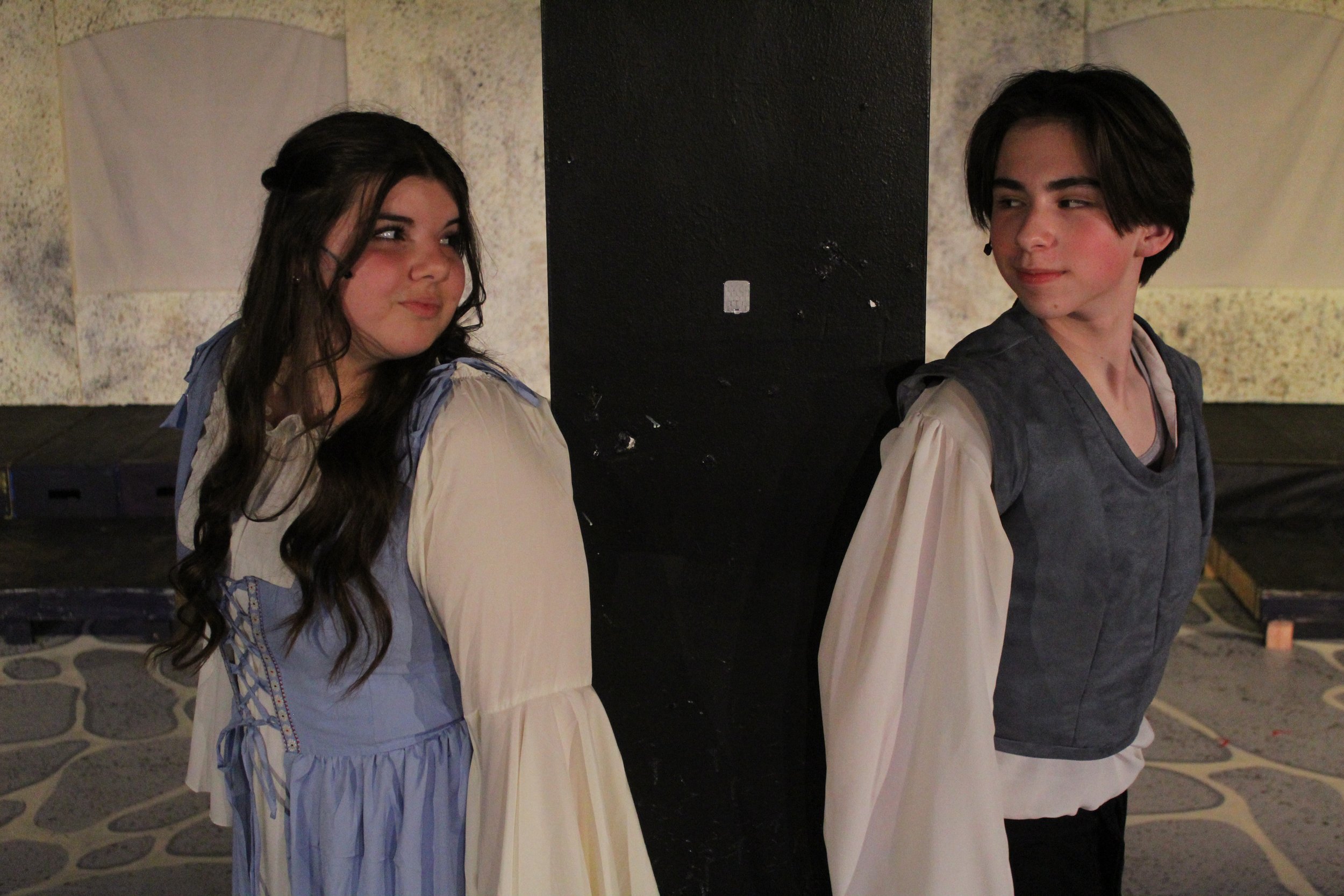
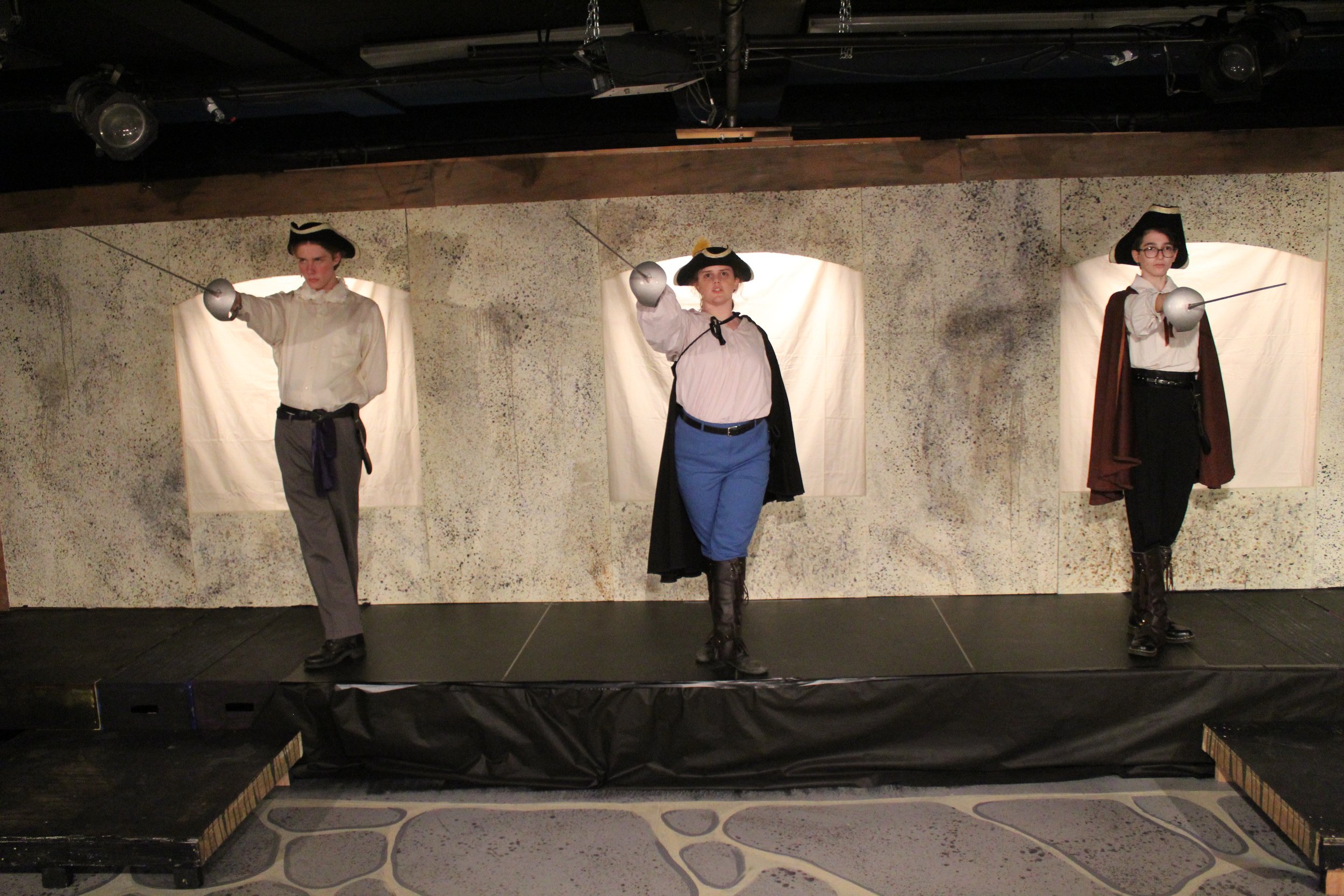






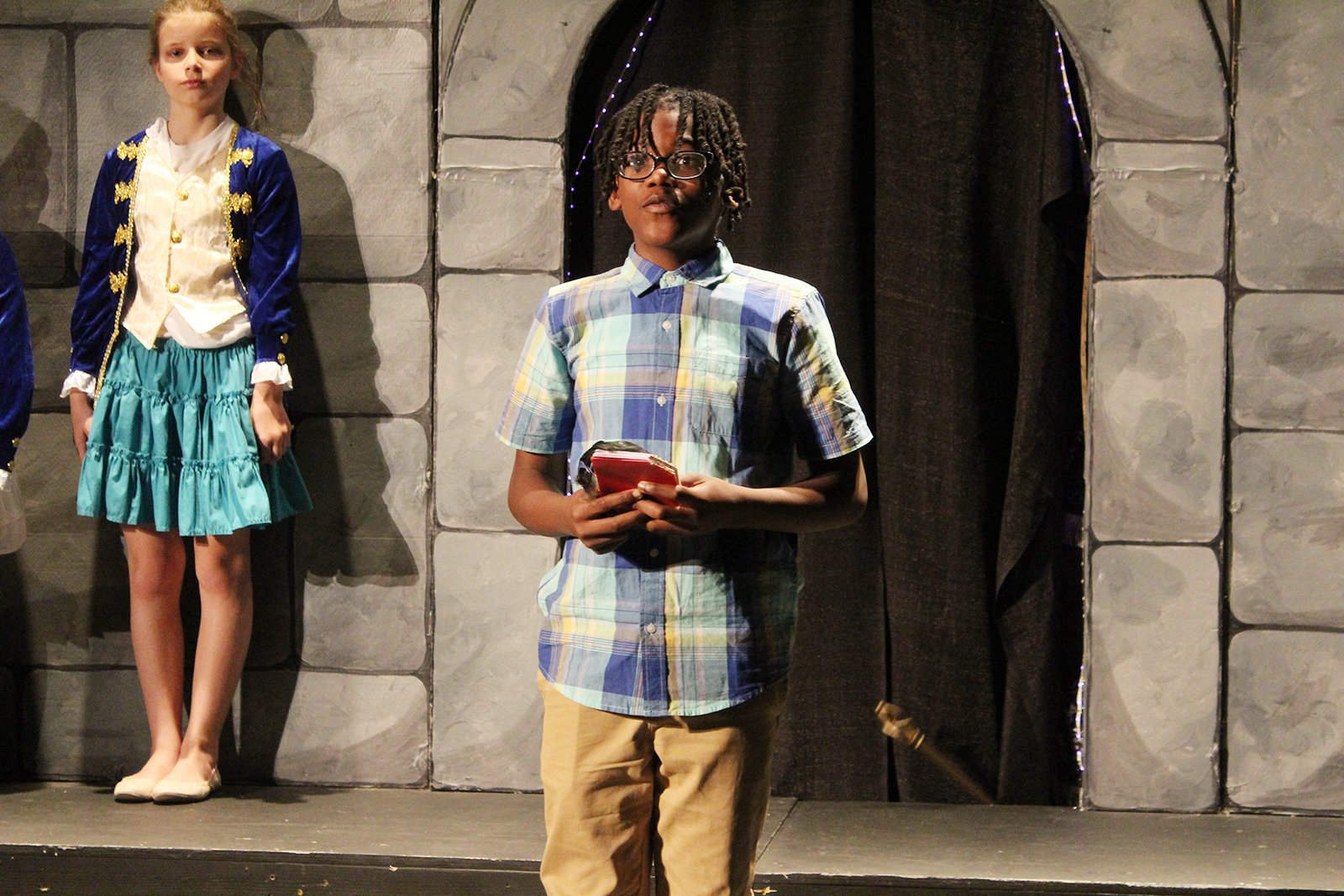




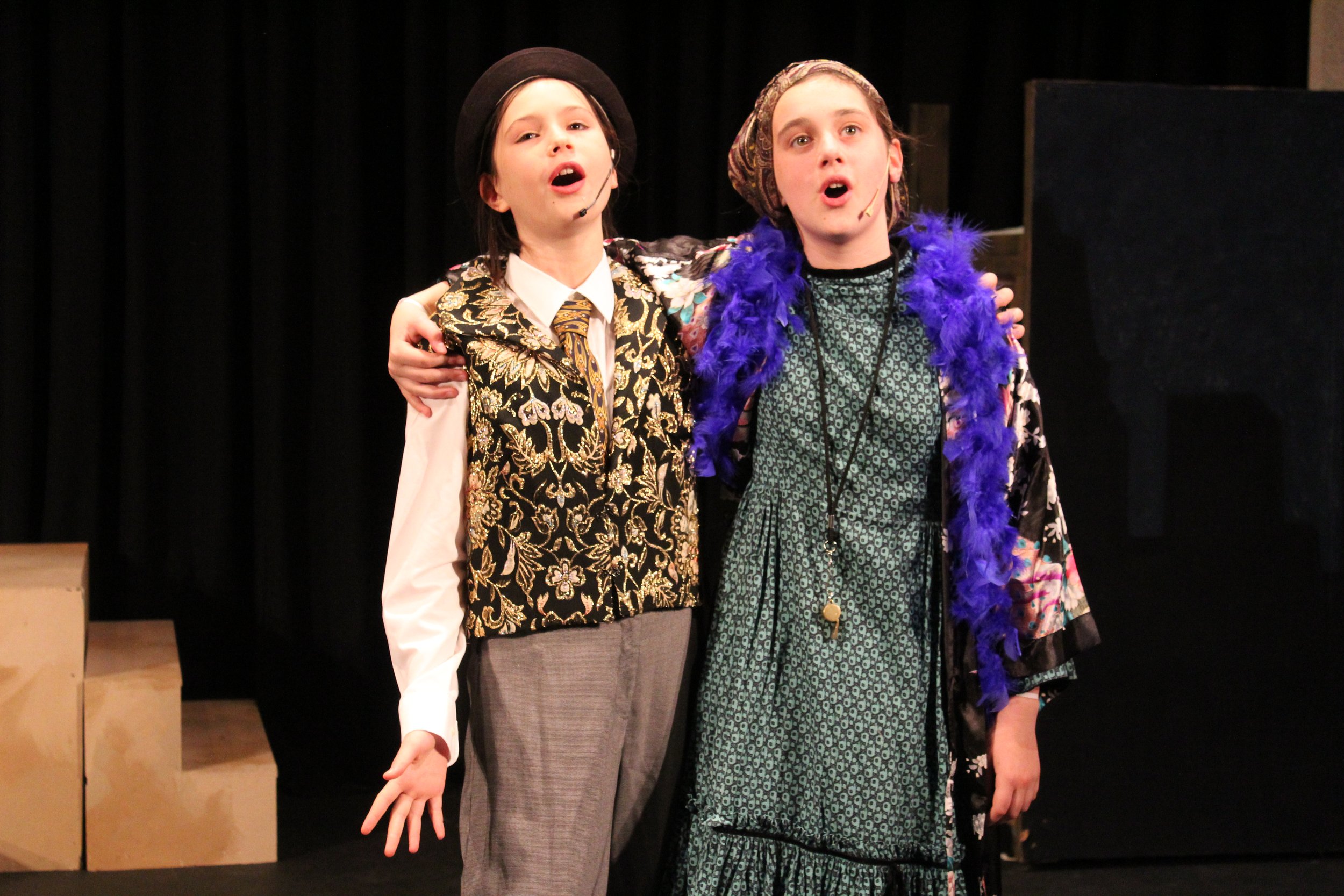
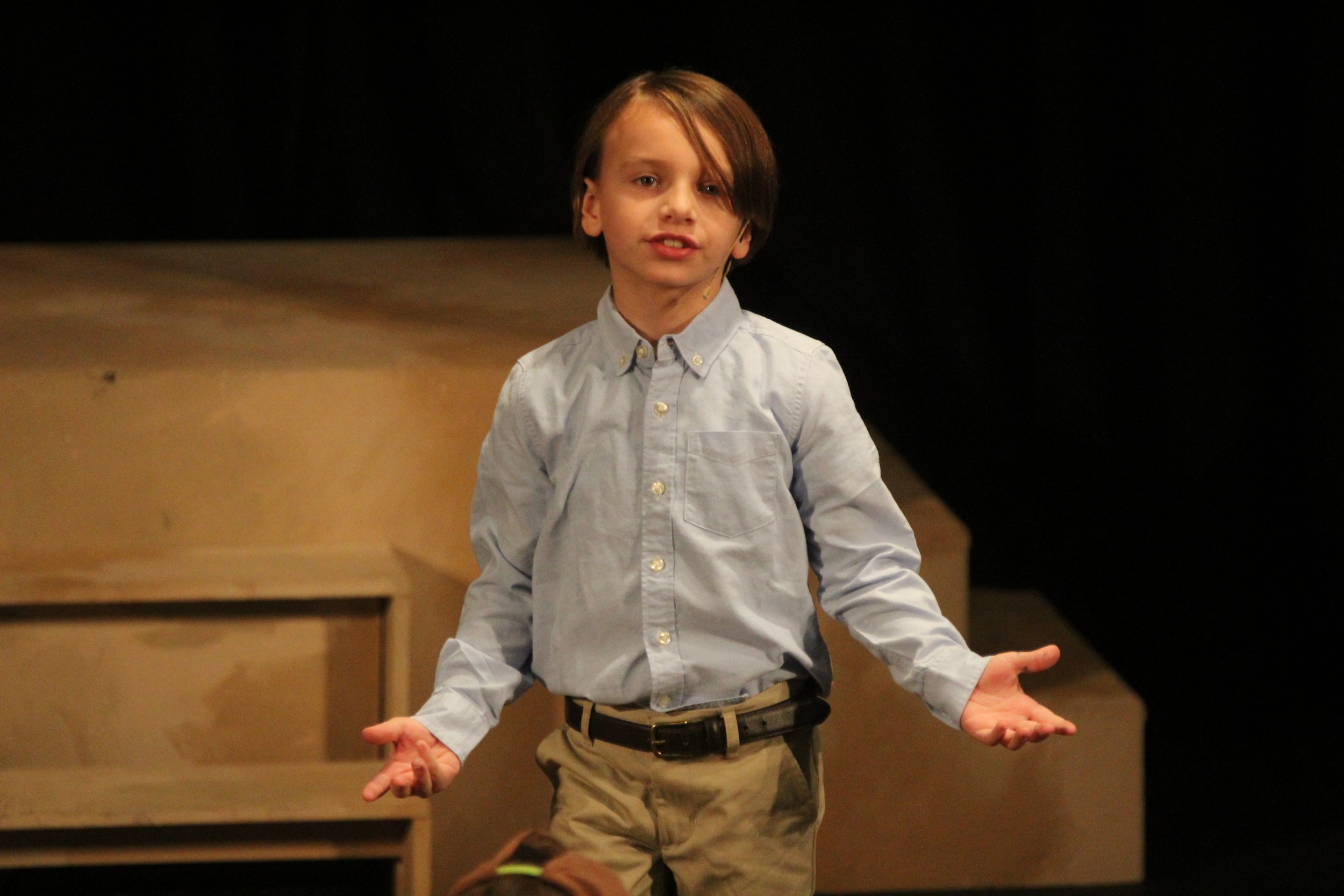

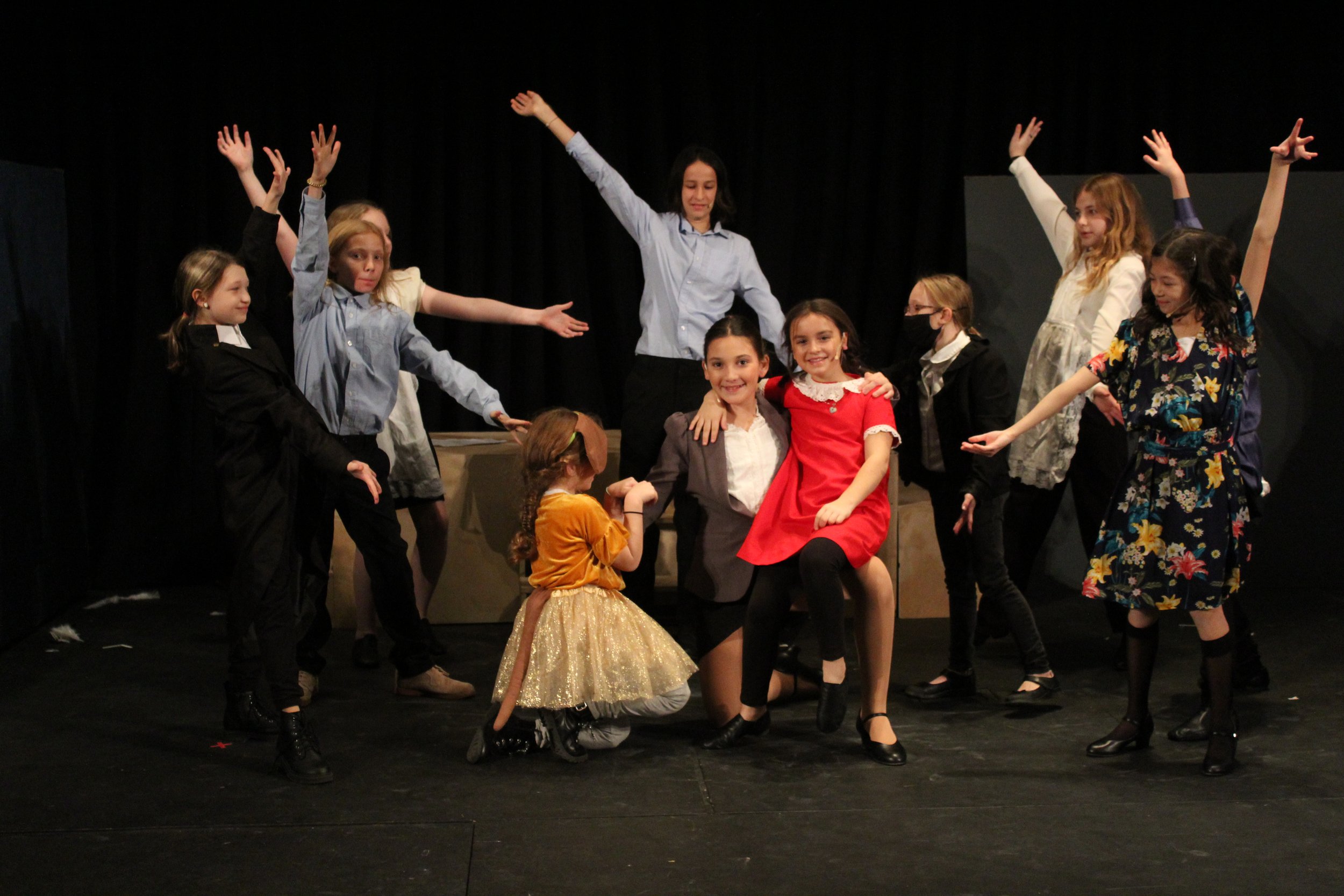
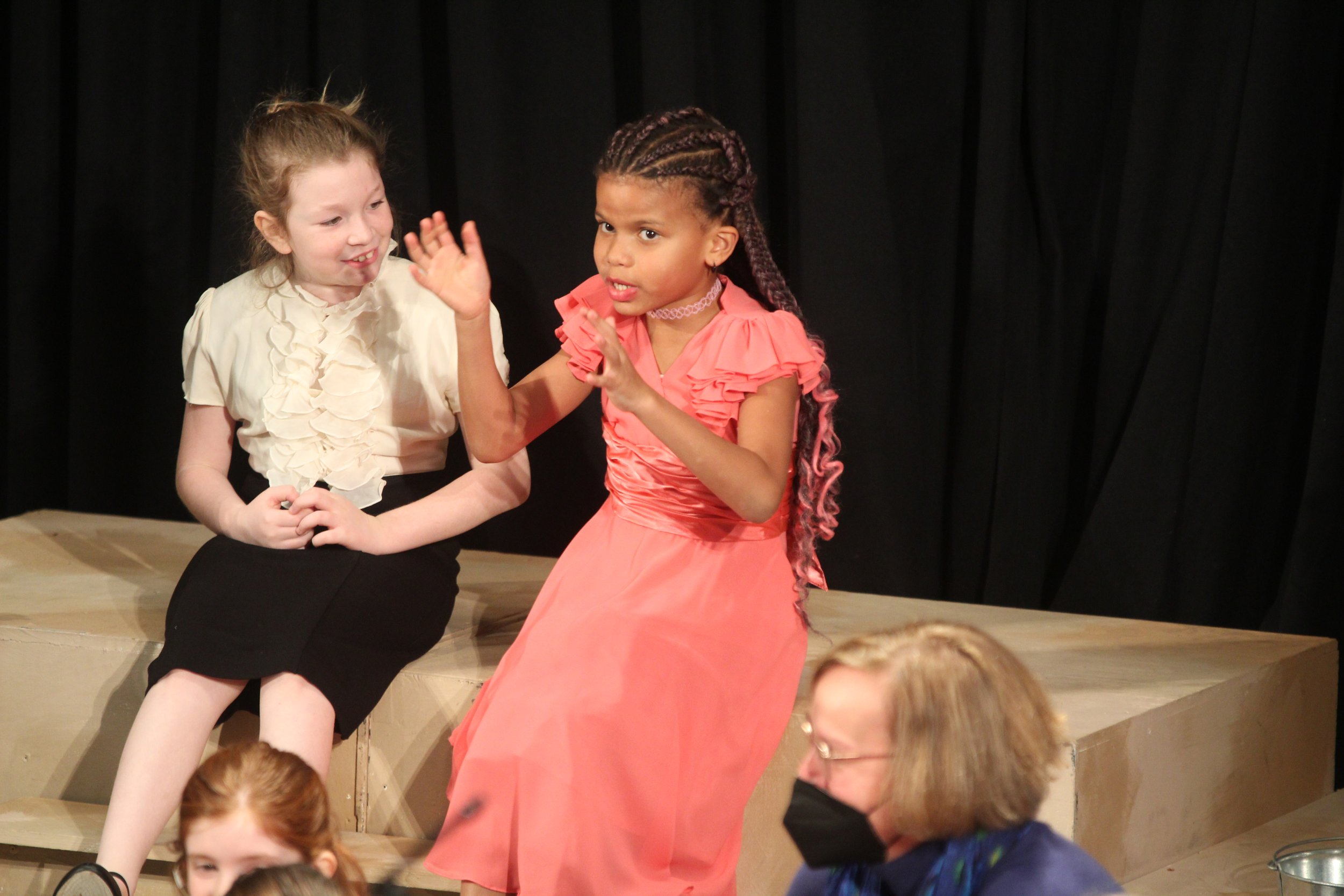
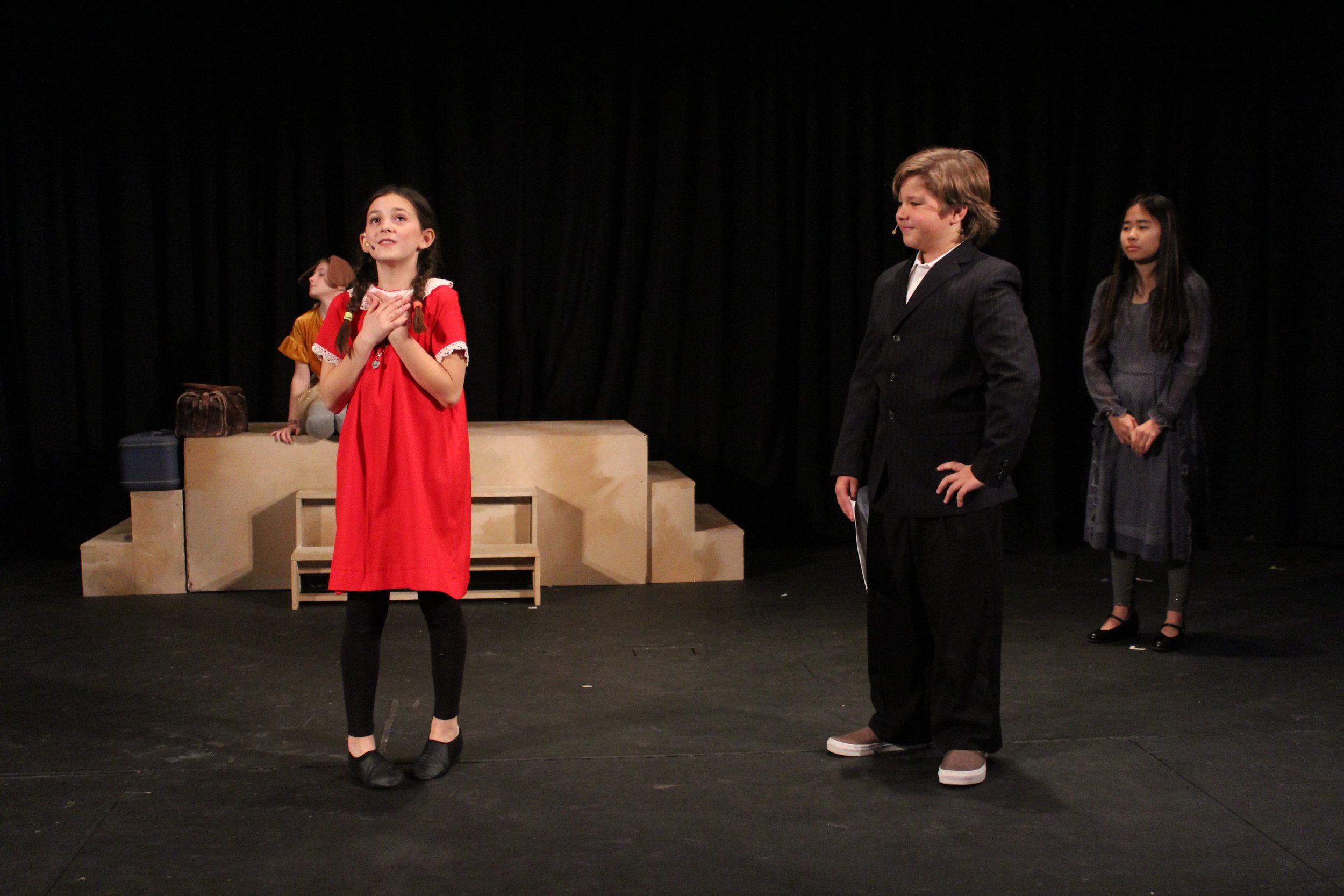
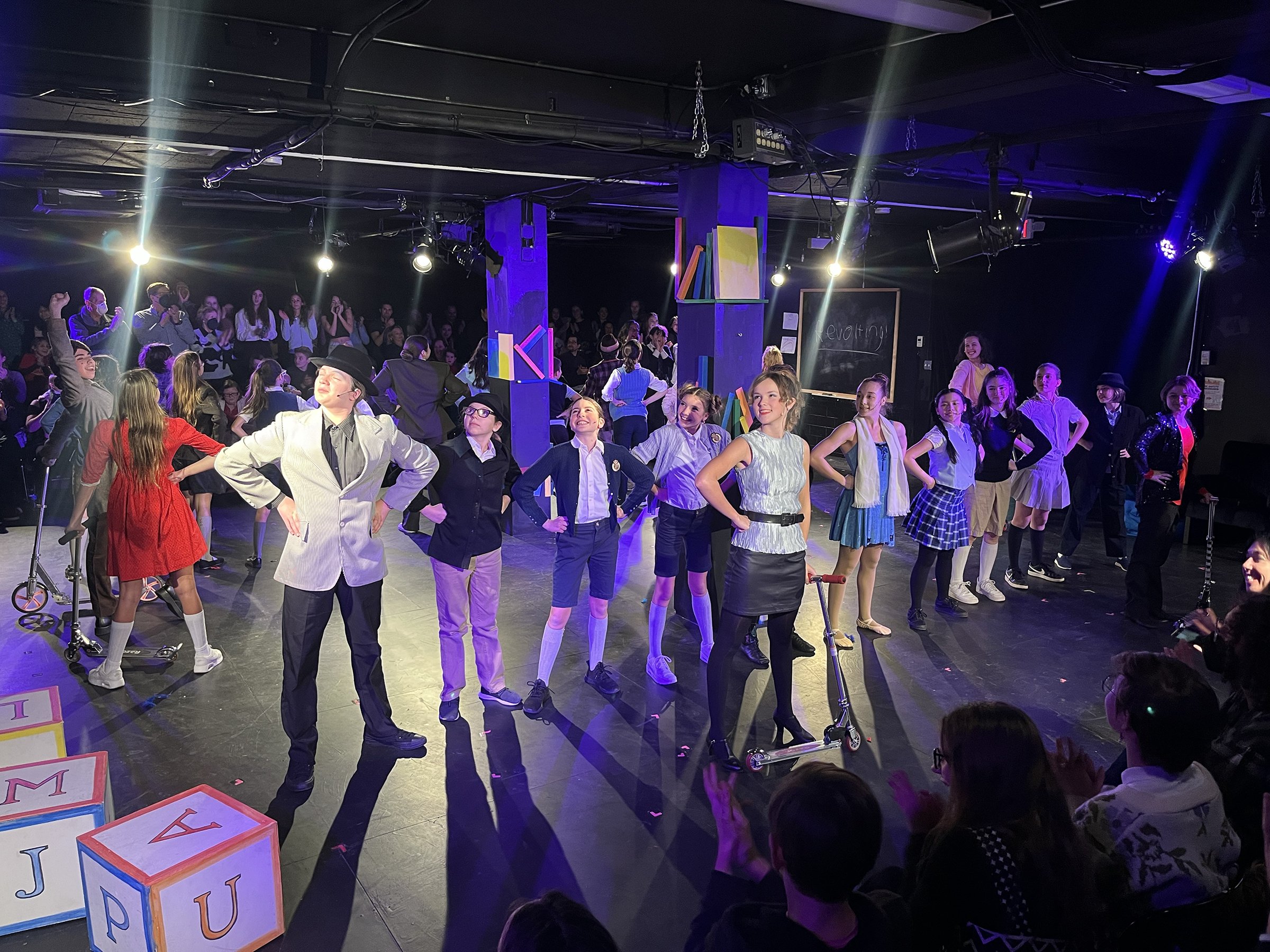
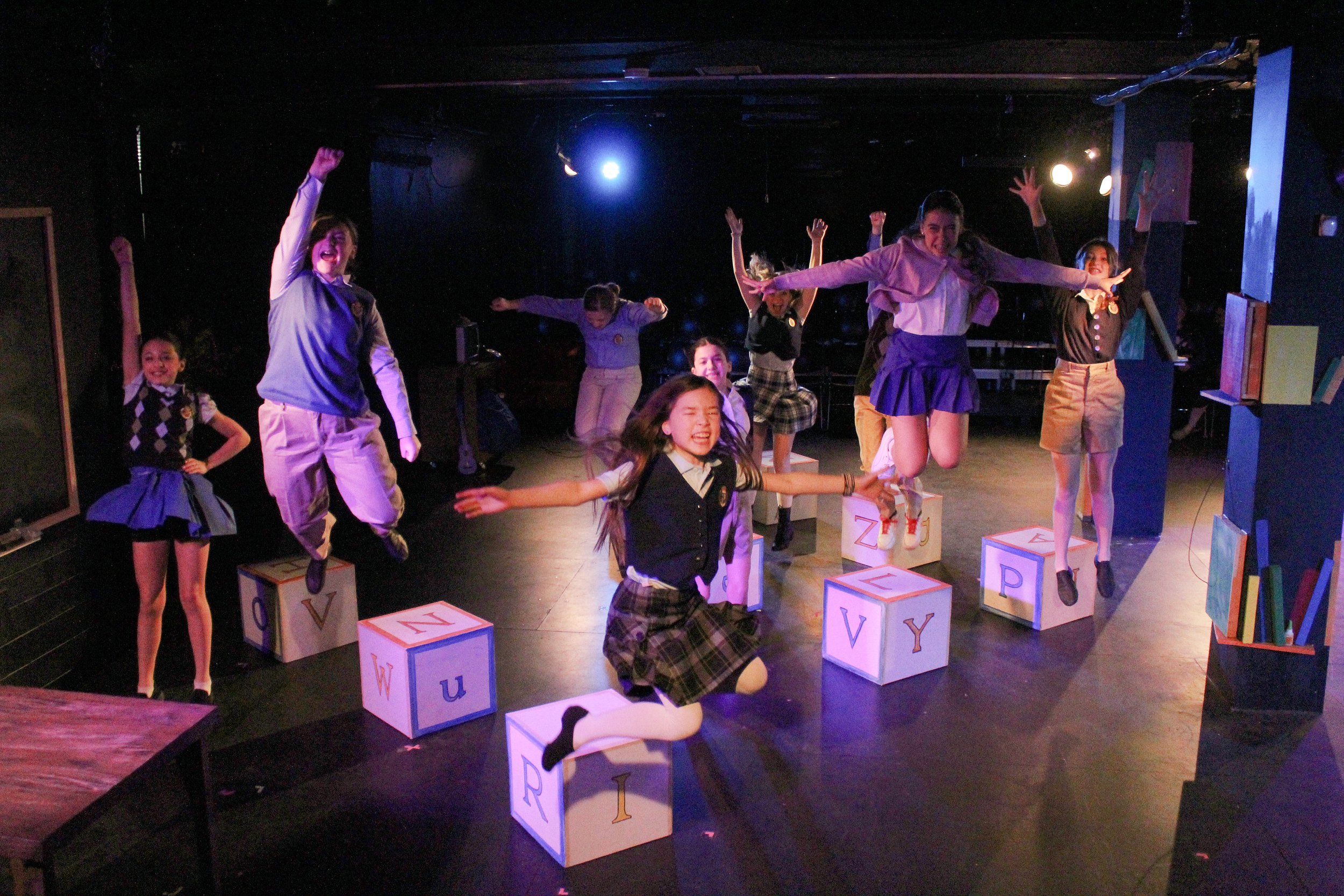
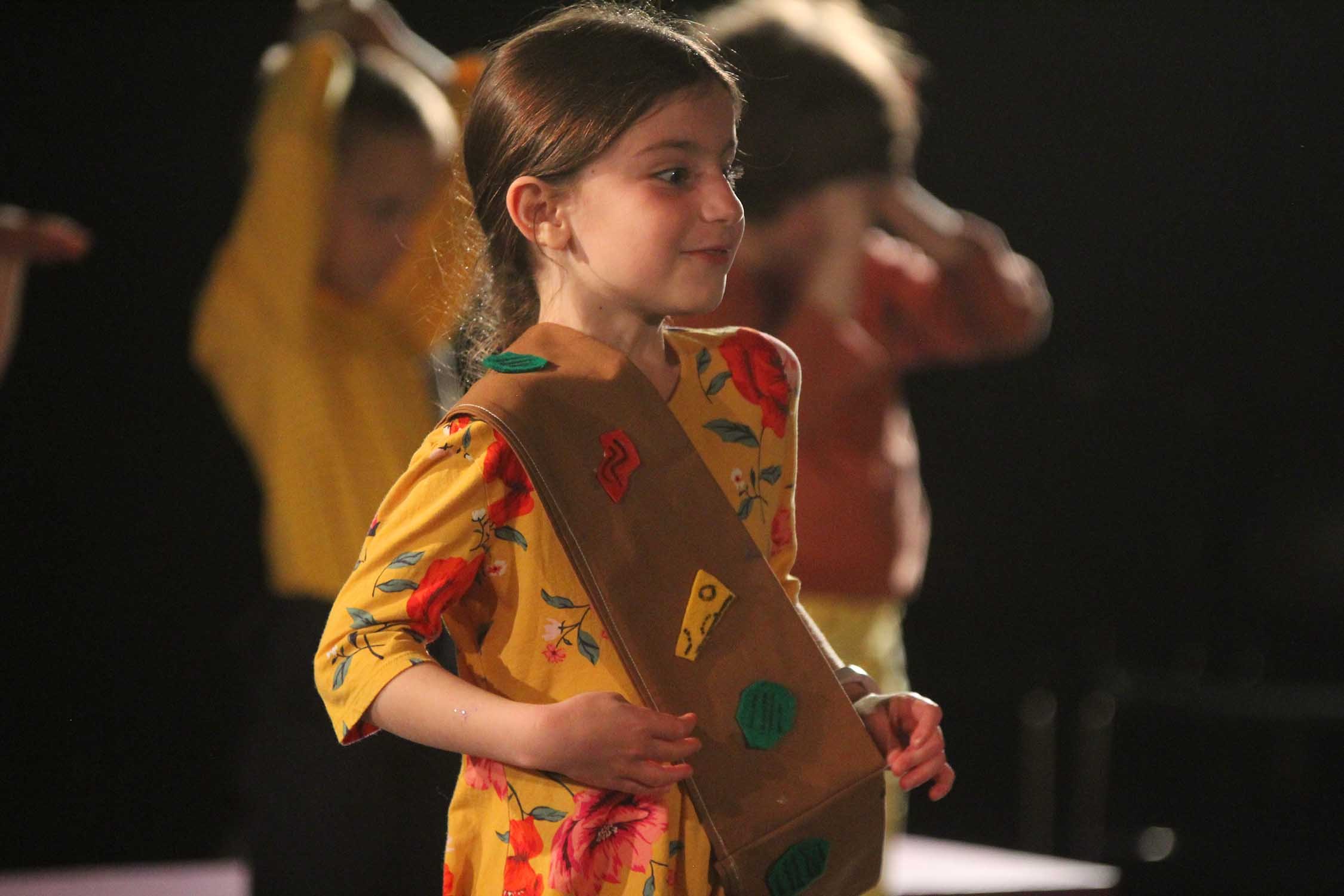
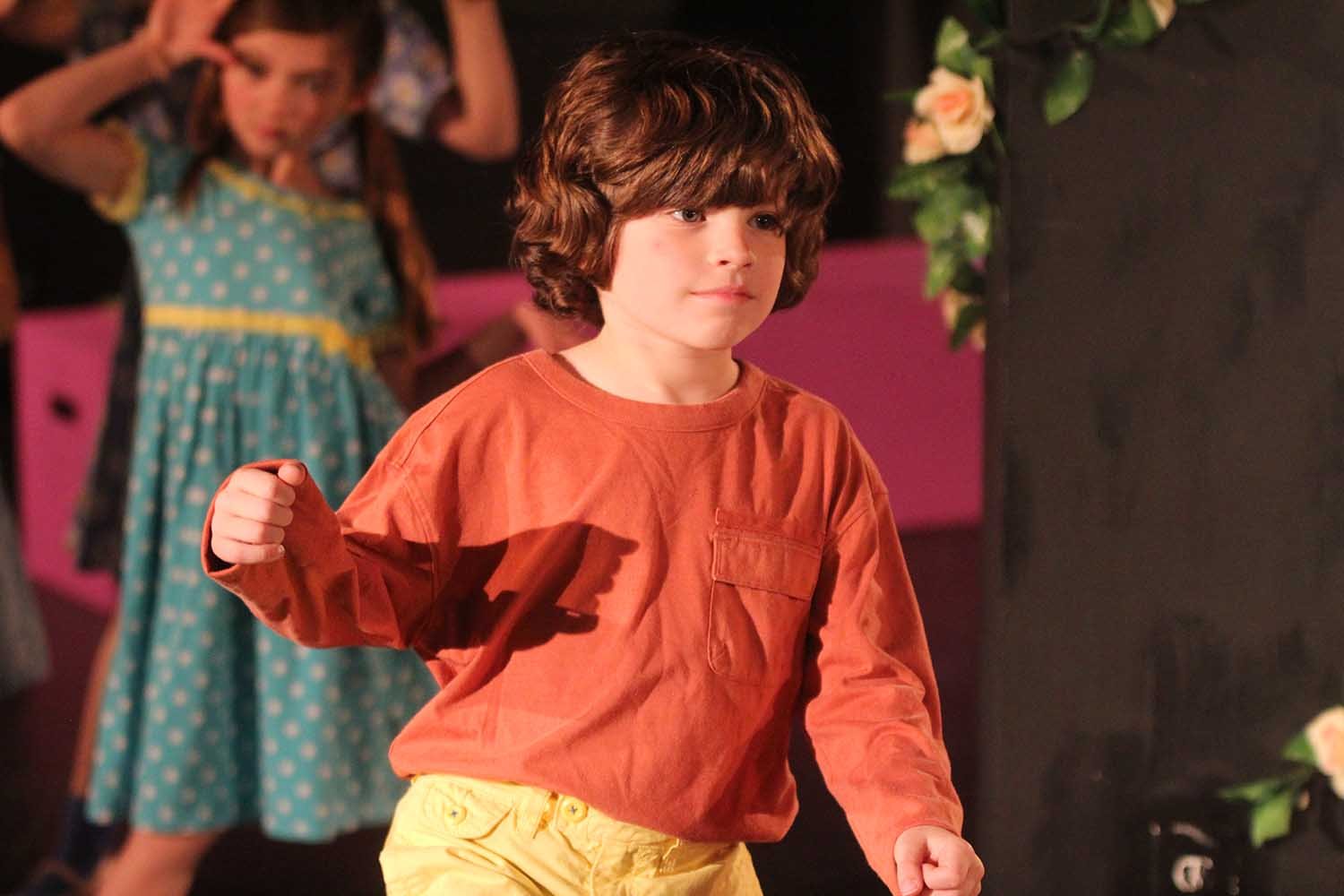


The support our families provide throughout the year is what makes Wolf PAC a home away from home. Learn more about:
“I just wanted to write after enjoying the performances this weekend. As a former theatre major I could annoy you with my technical appreciation but, even more, I can’t thank you enough for the experience that my son had. You have all created a safe, warm and caring home! We are so grateful he is beginning to make it his! We look forward to many more years!”
–A proud Wolf PAC parent ___








